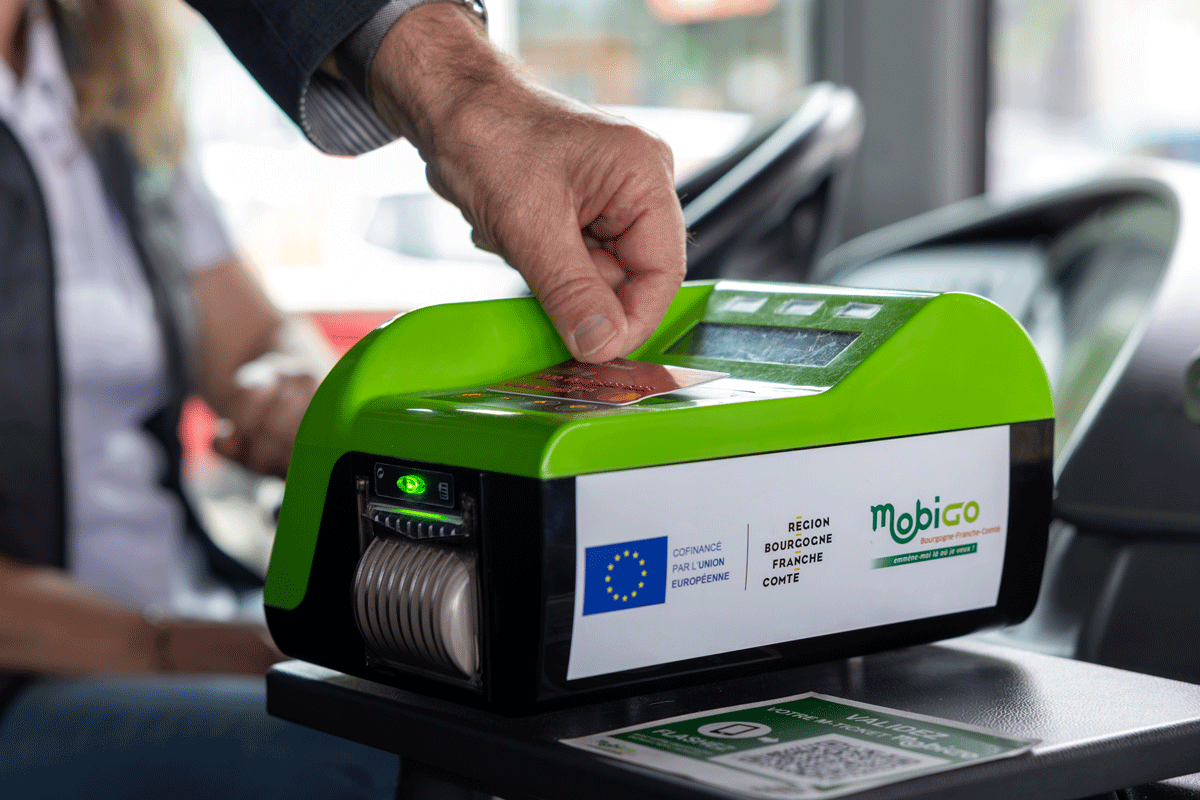Cohesion policy funds diverse projects for long-term growth
- 17 Jul 2024

Cohesion policy takes a place-based approach, meaning that projects are founded on the principle of shared management, with local stakeholders involved in design and implementation. This ensures that projects consider local priorities, resources and conditions. They are thus better able to support growth, create opportunities and improve well-being in the long term.
Guarantees and loans
FOSTER Région Occitanie provides financial instruments for farmers, agricultural businesses, very small enterprises (VSEs) and small and medium-sized enterprises (SMEs), particularly those working to bring about environmental, industrial, agricultural or societal change. As small businesses constitute a large part of Occitania’s economic fabric, it is vital to help them innovate and grow.
President of the Occitania Region, Carole Delga, said: ‘With FOSTER Région Occitanie, the region renews its commitments and confirms its place among the European leaders in terms of support tools for financing VSEs and SMEs and agricultural and forestry operations.
‘This integrated system, equipped with substantial financial resources, is the result of openness and successful cooperation between the region and Europe, the European Investment Fund and Occitania’s financial partners. We are making an essential contribution to meeting the challenge of strengthening the economic players in our territory.’
The system offers two products: a free guarantee allowing companies to obtain secure financing from selected banks; and zero-interest seed loans, with no guarantee required, for leaders of innovative business projects.
Numerous beneficiaries
Guarantee beneficiaries include La Prairie des Glaces and Ferme de Cabrinat, two farms producing ice cream and goat’s cheese respectively; telecommunications service provider MCGR; and Face Verticale, a firm specialising in mechanical work at heights.
Wastewater treatment company Nereus has also benefited. CEO Emmanuel Trouvé said the company’s rapid growth since 2018 had required financing for working capital and new equipment.
‘We learnt about FOSTER thanks to advice from the region and the bank to arrange a loan of € 160 000. We have had very tight deadlines, so we are very happy to be able to expand and modernise our site,’ he said.
Among the loan and capital beneficiaries are composter producer Transfarmers; e-health service provider Move in Med; software developer Geotrend; and online learning company SchoolMouv.
Resilient Innovation makes rehabilitation devices for people with neurological mobility problems. The company’s founder Jordan Miron said FOSTER had helped them turn their project into a product.
‘The advantage of the loan is that it’s 0 % interest with a 1-year deferment after signature, which gives us a certain flexibility. It also allowed us to recruit three people, and we will continue to grow and recruit.’
FOSTER will mobilise € 103 million to boost entrepreneurship in Occitania. This should leverage at least € 750 million in private financing for some 6 000 firms. As guarantees are closed and loans are repaid, the fund will be replenished to help other companies.
A pioneering region
Over the years, the EU has placed increasing emphasis on financial mechanisms to mobilise European funds. Since the establishment of the JEREMIE initiative in 2007, Occitania has capitalised on EU support to develop business financing and has become a pioneer in the field.
The FOSTER tools build on previous EU-backed financing in Occitania, forming part of a range of mechanisms that help businesses at all stages of development get funding. Other examples include the regional sovereign investment fund, which has some € 400 million at its disposal to boost equity capital.
Added Carole Delga: ‘FOSTER Région Occitanie illustrates my conviction that European and regional resources must be used to strengthen the economy and territorial cohesion. My desire is that the region and Europe continue with this approach and act as close to citizens as possible.’
Occitania has committed € 140 million to financing tools since 2022 and can now place € 1.6 billion at the service of business.
Easier coach fare payments
Launched in June 2024, Mobigo’s new open payment system allows passengers to pay for and validate coach tickets with their bank card, or a contactless payment application on a smartphone or watch.
Passengers present their card, phone or watch to the validator when boarding the coaches serving any of Mobigo’s 90 routes in Burgundy-Franche-Comté – the first region in France to deploy this system. A validation message is displayed on the validator screen and the card is billed for the cost of a single ticket, € 1.50. In the event of an inspection, the passenger shows the inspector the bank card used to pay for the journey.
The solution complements existing means of payment, which includes buying tickets from drivers or through the network of sales points, purchase using a smartphone and recharging of a contactless Mobigo ticket.
It has cost nearly € 6.2 million to implement, of which some € 3.7 million was provided by the European Regional Development Fund. In the month after its launch, more than 7 750 bank card validations were recorded, or around 250 a day.
Mobigo’s coaches carried more than 2 million passengers in Burgundy-Franche-Comté in 2023, up 7 % from 2022. Just over half of the fleet runs on biofuel, while some of the vehicles are fully electric.
Sports for all
With an eye on the Olympic Games starting on July 26, and with the help of ERDF funding, the commune of Saint-Julien-Les-Villas, 190 km south-east of Paris, in the Grand Est region, renovated the Fernand Ganne Gymnasium and its facilities. The town has a strong sporting tradition and boasts about 30 sports clubs.
The gymnasium was built in the 1970s and rebuilt in 1995 to make it larger and safer. Thanks to the REACT EU package, it was entirely renovated between 2022 and May this year, turning it into a modern, high-tech sporting facility that can serve as a centre of preparation for Olympic athletes, and host national and international competitions.
The walls, flooring and roof were insulated, doors and windows were replaced, and the roof was reinforced and covered with 800 solar panels. A battery park was installed to store power, creating a zero-energy-consumption building. A clubhouse, first aid station, press room, weight training facility and a catering area/multi-purpose room were also added.
During the week, about 10 sports clubs share the space, representing about 1 500 people of all ages and levels who use the space for activities ranging from basketball, handball and volleyball, to yoga and cross training.
REACT EU falls under the Next Generation EU funding instrument and aims to ensure the resilience of the regional health system, revitalise the economy and contribute to the energy transition and digitalisation of society. The ERDF financed € 5.5 million of the total project cost of € 11.1 million.


